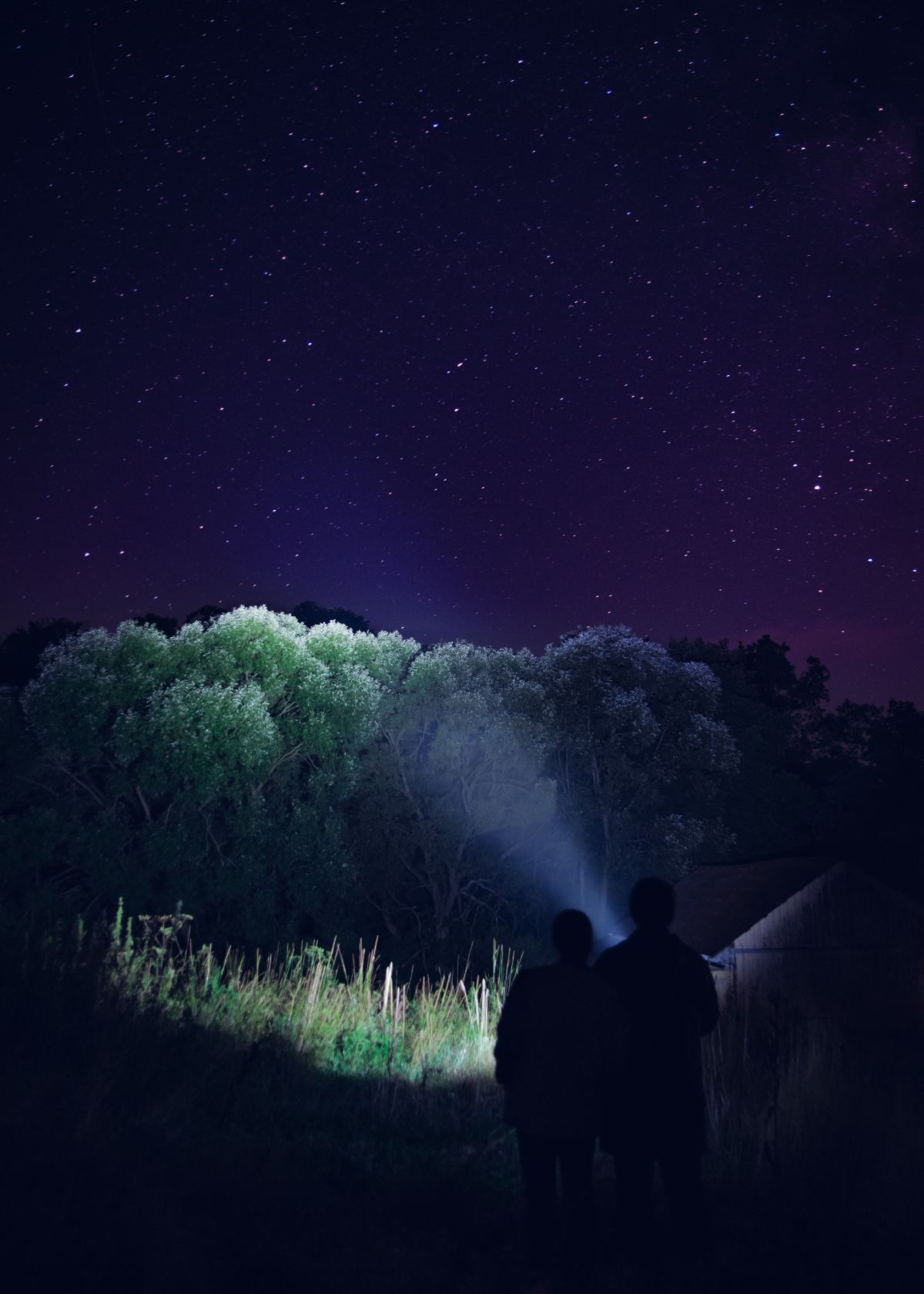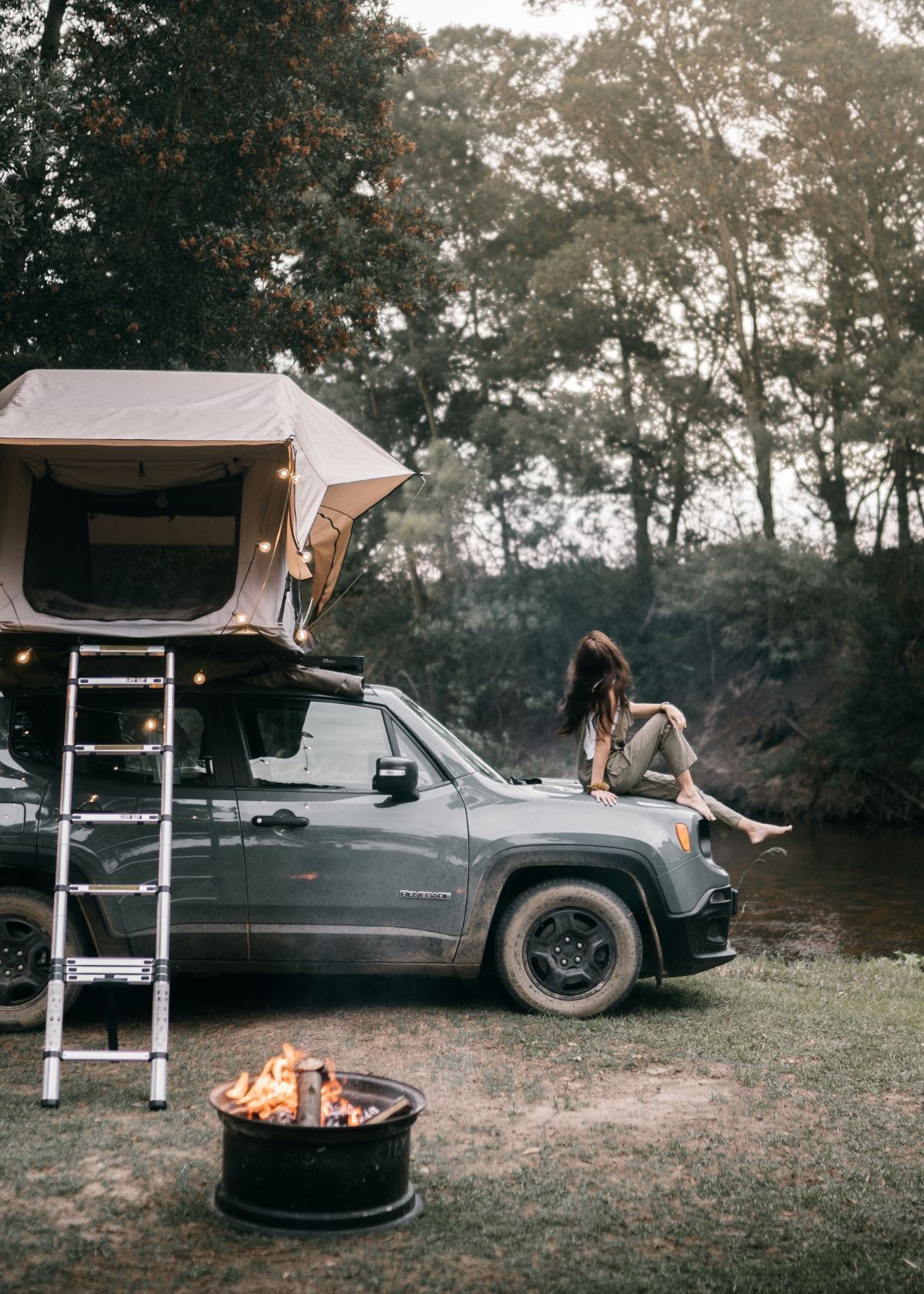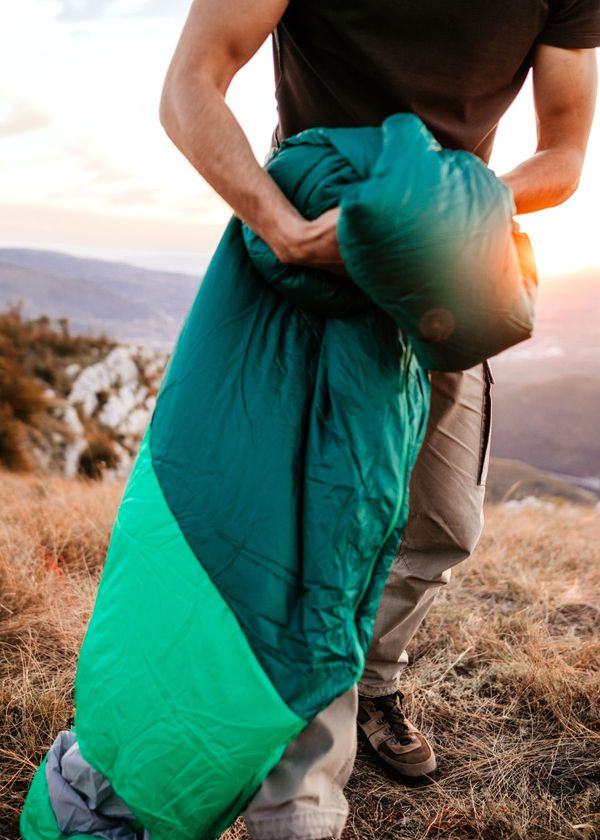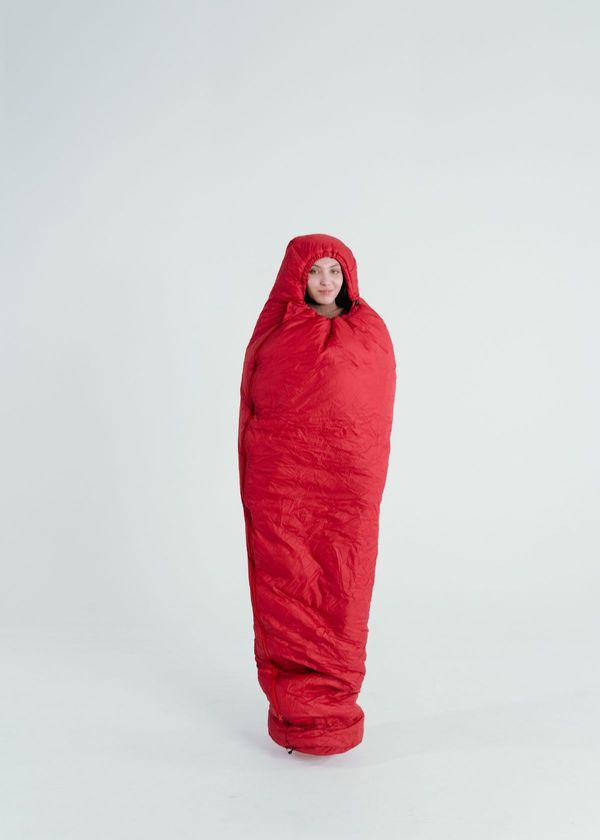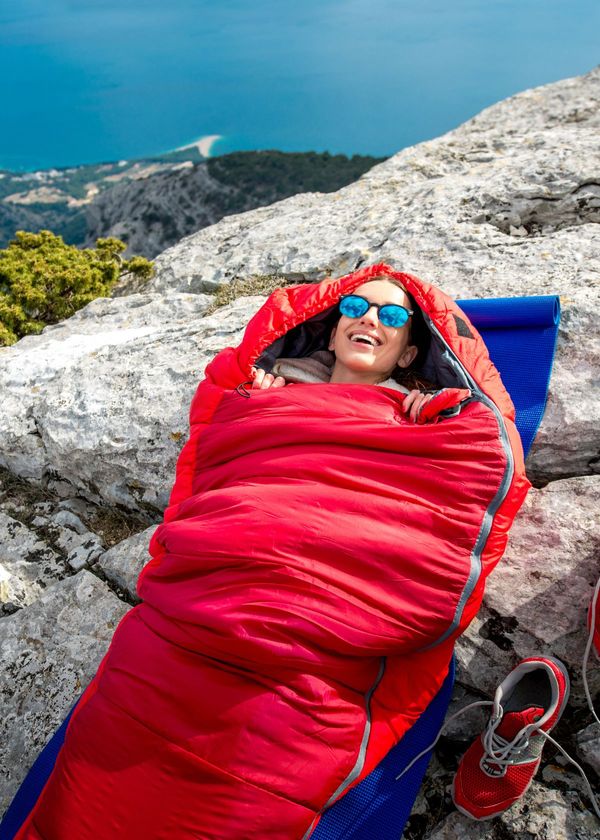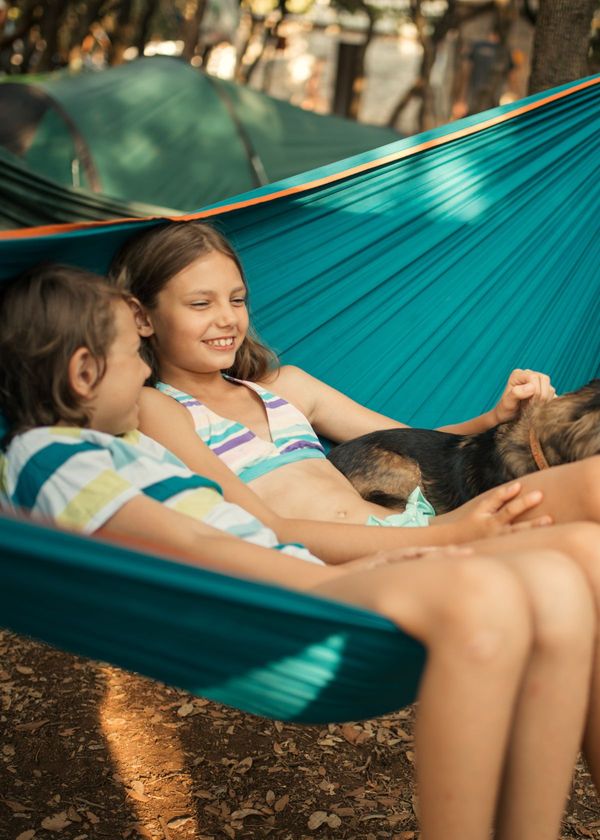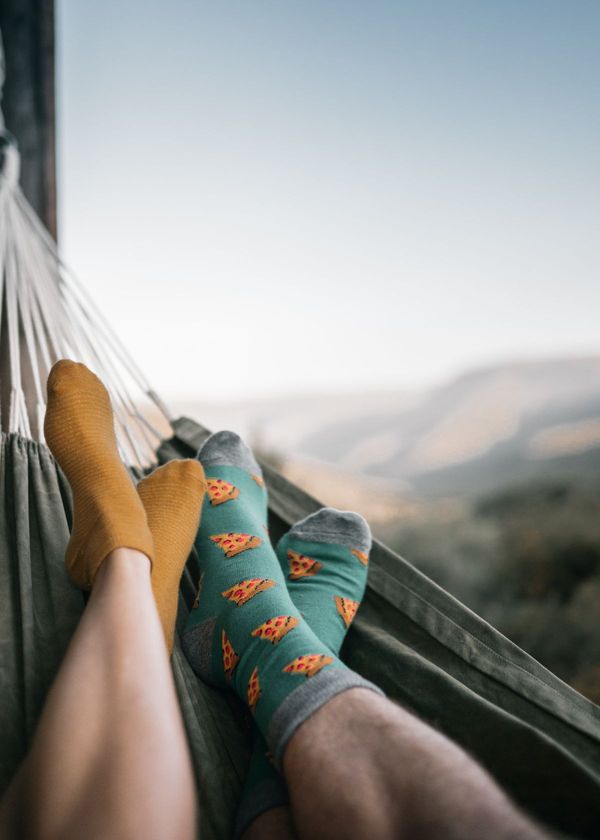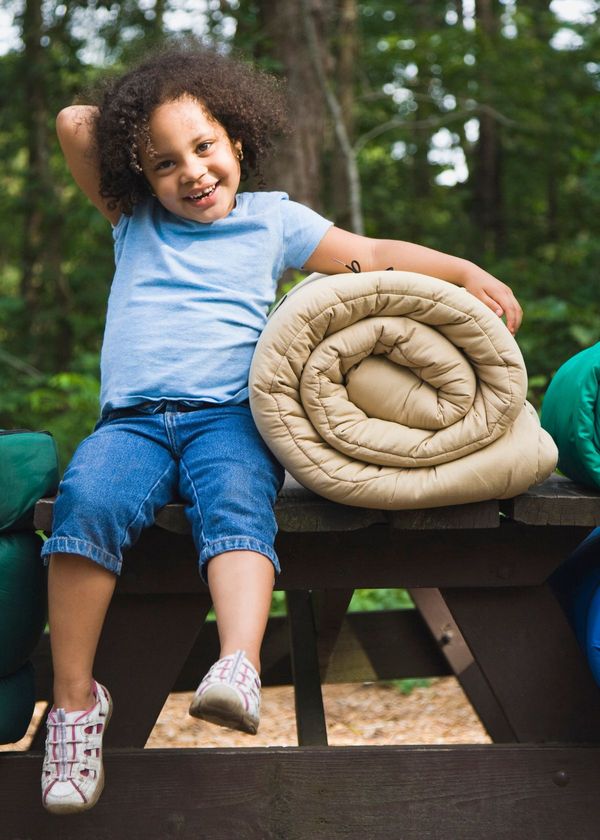Dry camping is a type of camping where you don’t have access to any electrical or water hookups. Instead, you rely on your own resources and equipment, including your camping gear, food, water, and any power sources you bring with you. Dry camping is an ideal option for those who want to get away from crowded campsites and experience a more rugged and self-sufficient type of camping.
It’s also a great way to reduce your carbon footprint, as you won’t be using the electrical and water hookups that are available at most campsites. Some popular dry camping spots include national forests, Bureau of Land Management lands, and wilderness areas.
Dry camping is often preferred by experienced campers who are looking for a more challenging and self-sufficient camping experience, but it can also be a great option for families and beginners who want to get away from the amenities of modern life. The key to a successful dry camping trip is to be prepared, bring enough supplies, and plan accordingly.
What is Dry Camping By Definition?
Dry camping, also known as boondocking, is where RVers or dry campers prefer a remote location without hookups for electricity, water, or sewage. This type of camping often involves camping in natural settings, such as wild camping, national forests, deserts, or beaches. It relies on the camper's own resources, such as solar panels, batteries, and holding fresh water tank, to sustain their stay.
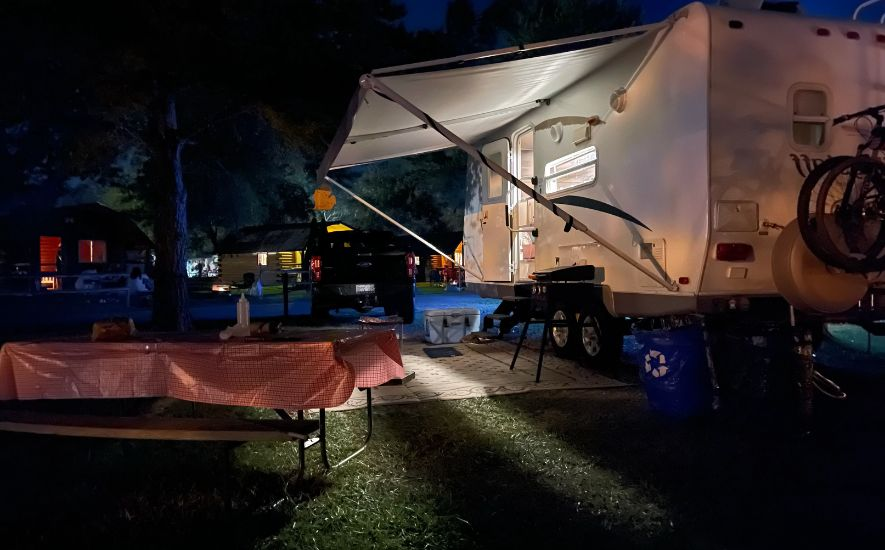
Dry camping offers a more primitive and immersive outdoor experience and is popular among those who enjoy exploring remote areas and pursuing outdoor activities like hiking, bird-watching, and stargazing. However, it also requires a higher level of self-sufficiency and planning, as campers must be prepared to manage their own resources and waste.
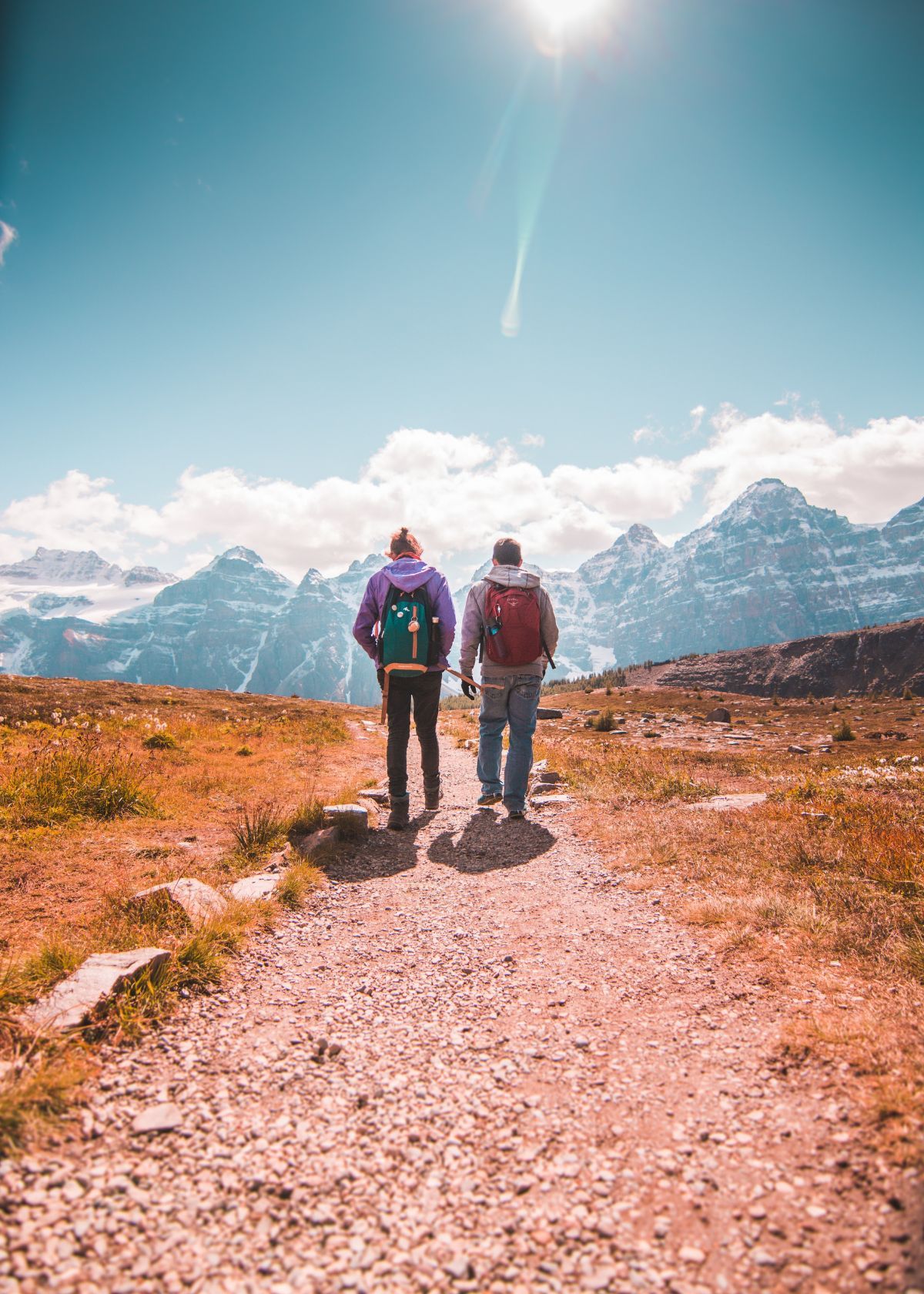
Advantages of Dry Camping
Dry camping is one method of camping that has many advantages over other methods. The following are some of the benefits of dry camping:
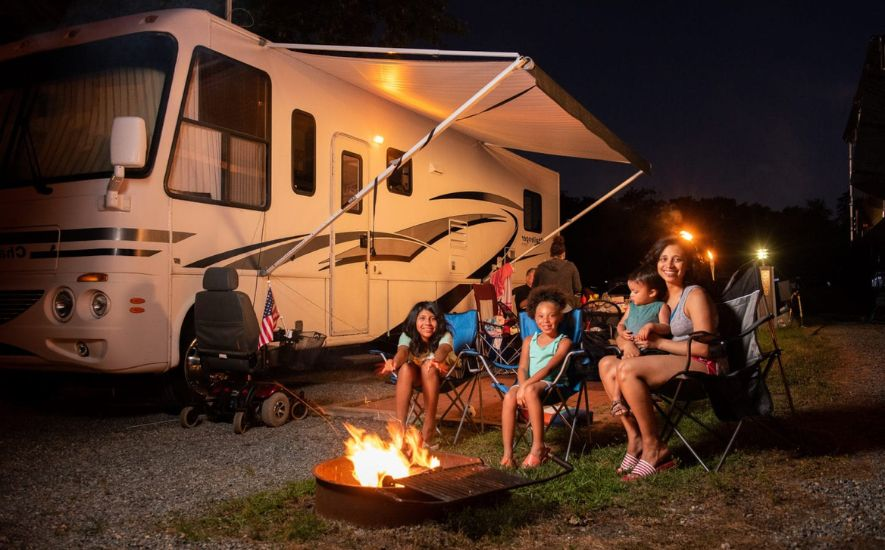
Save Money
You can save money by not having to pay for campsites. If you have a tent, you can set it up anywhere that is legal and safe. This means no more paying for national and state parks campsites, which can cost anywhere from $10-$25 per night, depending on where you go.
Find Free Places to Stay
You can find free places to stay. There are many beautiful and secluded places around the world where you can park your trailer or van and have free camping set up.
These include national parks, state parks, forests, and prairies. Some people even leave their trailers at these dry camping locations year-round because they enjoy solitude.
Save Money on Fuel Costs
You can save money on fuel costs. Dry camping is a good way to save money on fuel costs since you're not driving around looking for an RV park or developed campground every night like most people do when they go on vacation in their RVs or campers. Instead, they drive straight to their destination and set up their campsites wherever possible.
Enjoy Nature
You get to enjoy nature more often than if you were staying in a hotel or other lodging facility. When you're dry camping, there's nothing between you and nature except your tent and sleeping bag. You'll be able to see all kinds of wildlife and enjoy Mother Nature's beauty at its finest hour.
Don't Worry About Things
You don't have to worry about finding things to do all day because everything will be right outside your door! There are plenty of things to do when dry camping that includes hiking, swimming, fishing, and much more!
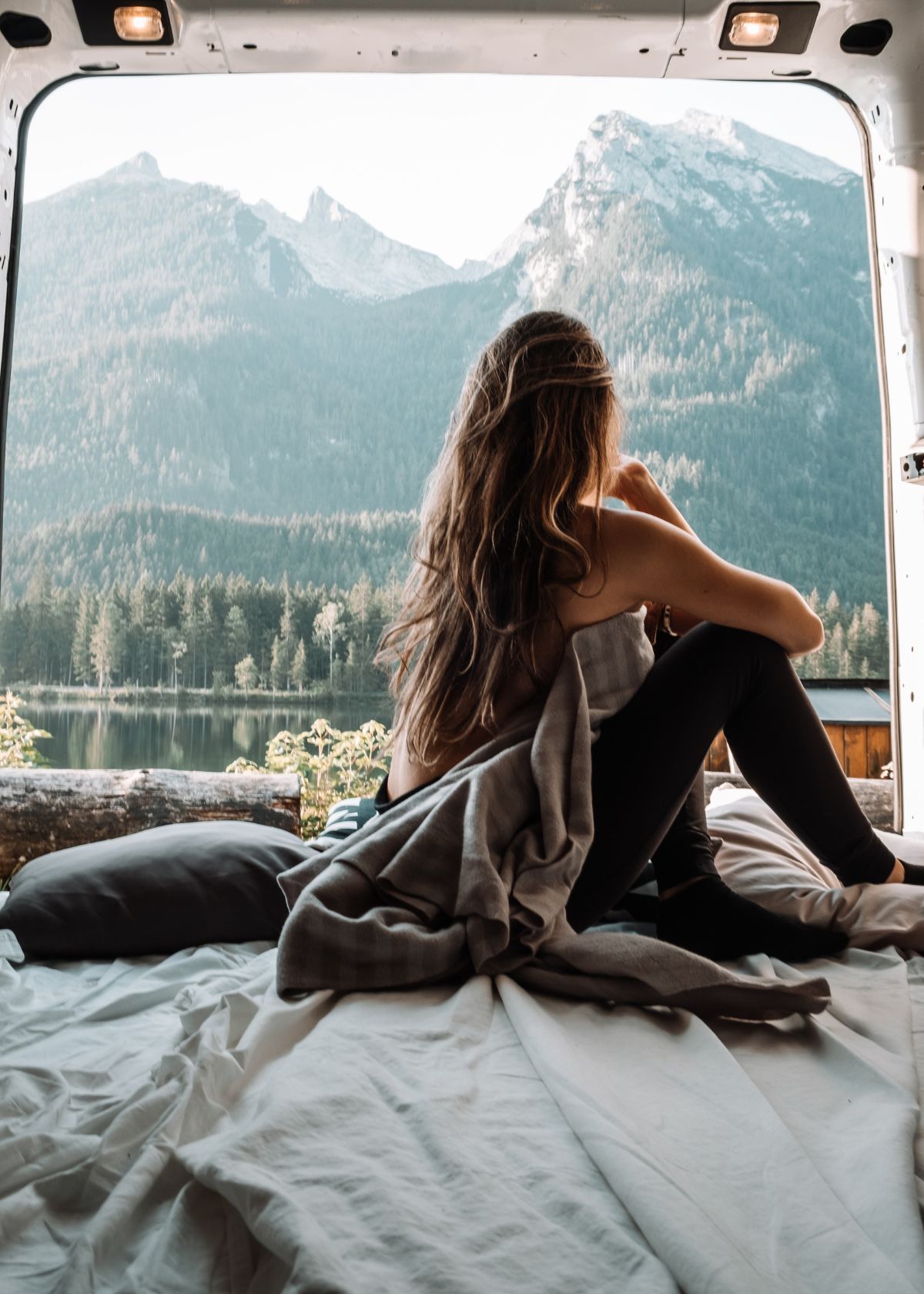
Disadvantages of Dry Camping
Dry camping has many advantages, but it's not for everyone. Here are some disadvantages you should be aware of:
Dry Camping Is Not Modern
One of the first things that people notice when they try dry camping is that there aren’t any modern conveniences. In fact, many people will find themselves using a propane lantern and cooking over an open fire in order to get their meals prepared.
While it is possible to cook with other methods, such as charcoal briquettes or propane stoves, these are often not as efficient as electric stoves or microwaves.
Electricity
The biggest disadvantage of dry camping is that you have to be prepared to do without electricity. You'll need to bring along extra fuel and batteries and keep them charged up.
You'll also need to bring along plenty of drinking water and cold food, as well as cooking supplies such as pots, pans, plates and utensils.
Need to Bring Along Toiletries
You'll also need to bring along toiletries like toothpaste, shampoo and soap — although if you're going on a longer trip you might consider packing a portable shower unit or even a full-blown outhouse if you have room in your vehicle.

Can be Expensive
Another possible disadvantage is that dry camping can be expensive. If you plan on staying at one site for several days or weeks at a time, the cost of bringing all those supplies with you can add up quickly when multiplied by how many times per day they're needed (or used).
If you're trying to save money while traveling across the country in an RV or truck camper, then it might not make sense for you financially to spend all this extra money on
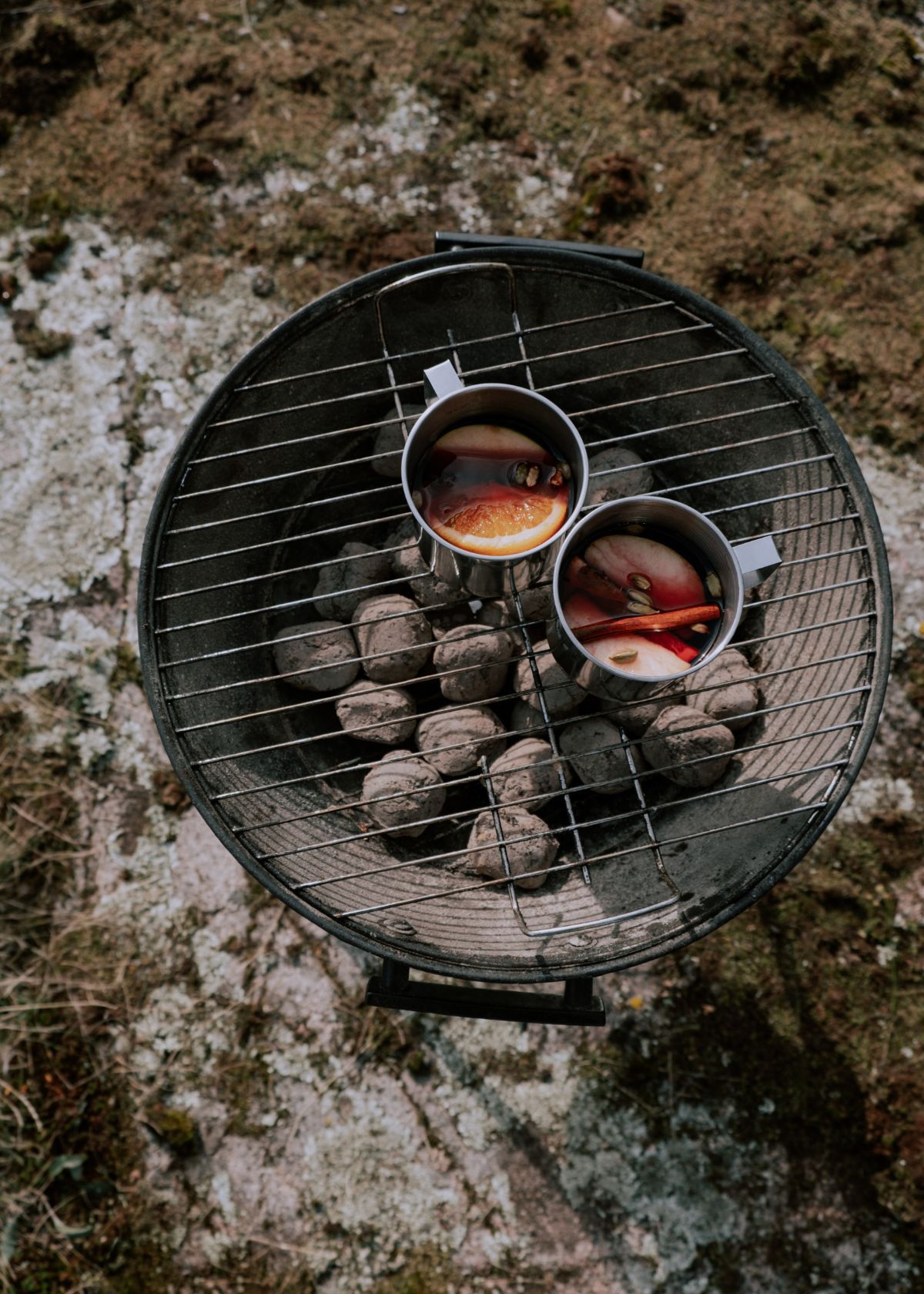
Is Dry Camping Legal?
Dry camping is a term used for camping in a location without water or electricity. Dry campers often have to carry the entire contents of their camp with them, from food and clothing to cooking equipment, tents, and sleeping bags.
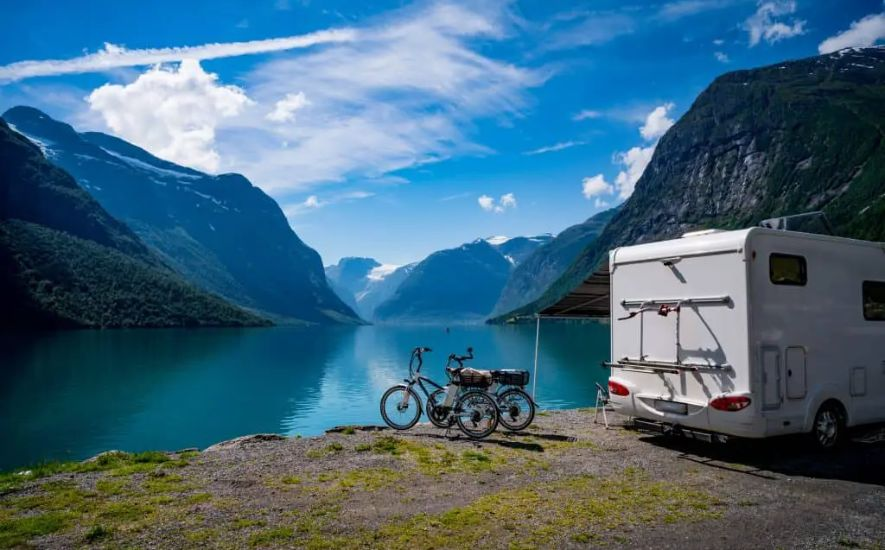
This type of camping has become more popular with the growth of RVing and other recreational vehicles. Most people will dry camp for short periods, such as one night or two days at a time. Dry camping can be done in your backyard, on public land, and on private property with the owner's permission.
The legality of dry camping varies from state to state and location to location. Some states don't allow it at all, while others require permits for dry camping on public lands. Private landowners may also prohibit trespassing for dry camping purposes.
In most places across the United States, dry camping is legal on public land as long as you're not trespassing on private property or damaging natural resources like trees or shrubbery. Many states allow dry camping in certain areas but require permits for certain types of vehicles, such as motor homes, travel trailers and RVs.
Some states don't allow dry camping at all, while others require permits for specific vehicles such as motor homes, travel trailers, or RVs.
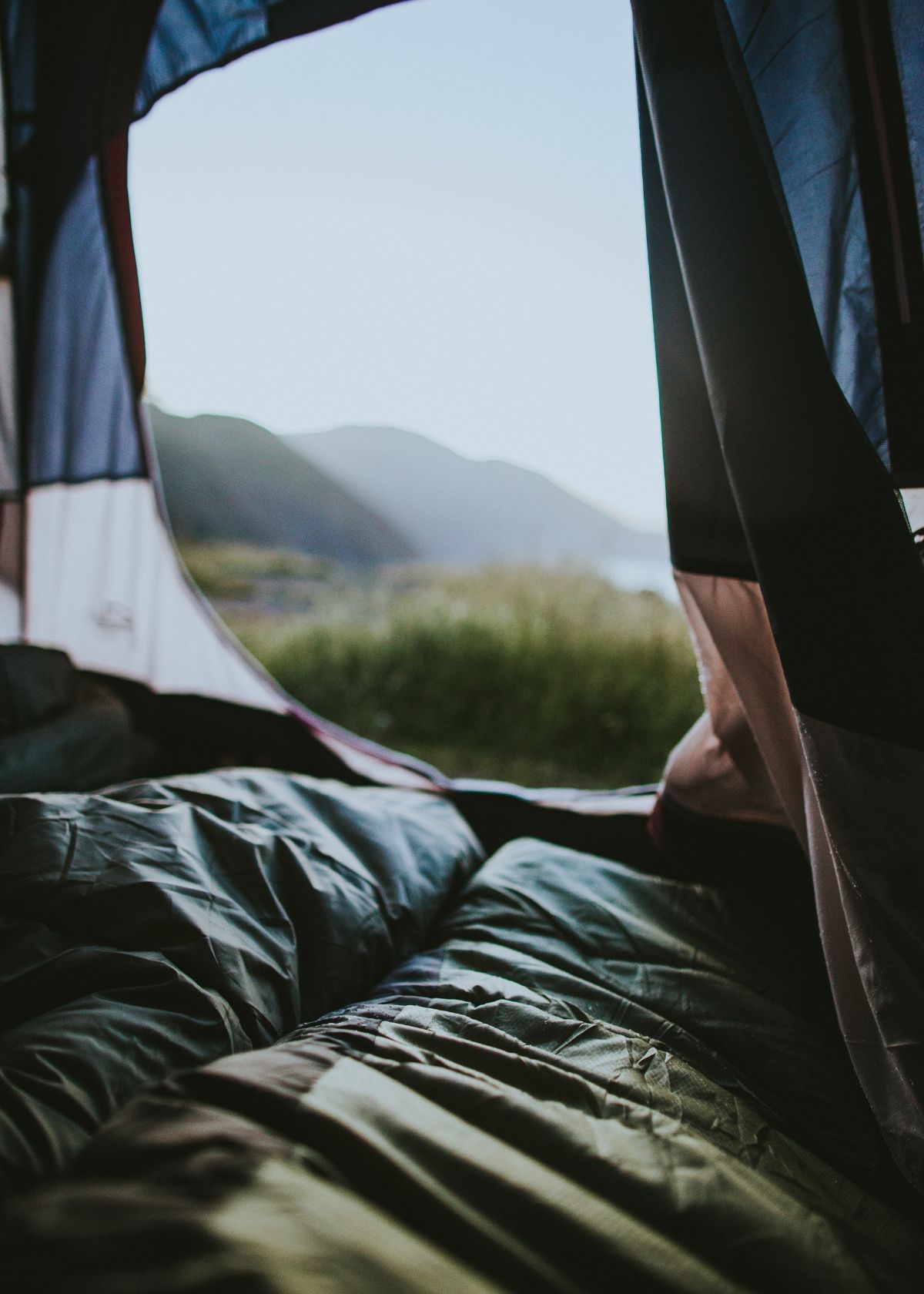
Basics of Dry Camping
Dry camping is a term used to describe camping in an area that doesn't have any hookups. No water, no electricity, and no sewer hookup. Dry camping can be done in a tent, RV, or even your car.
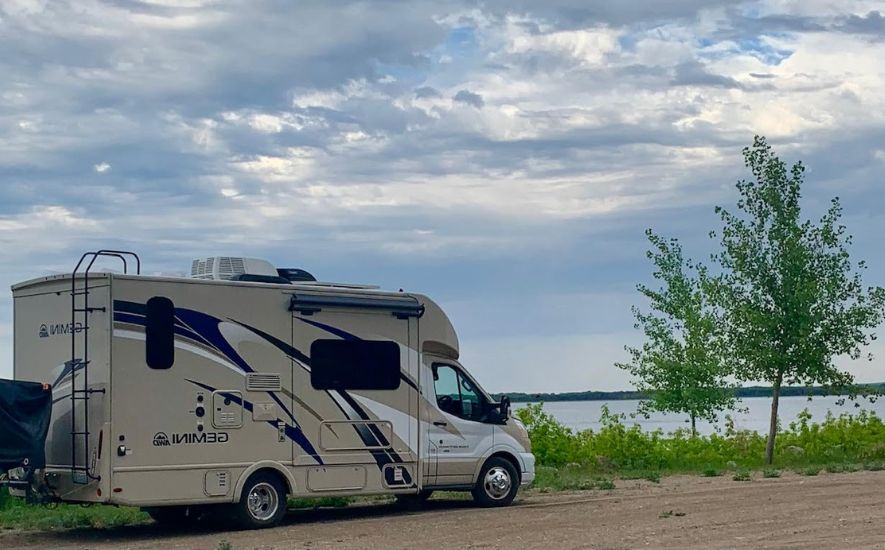
Water
You will need to bring plenty of water with you. Depending on how long you are going to be dry camping, 10 gallons per person per day is recommended. Water is heavy so make sure you have enough space in your vehicle for it before you head out on your trip.
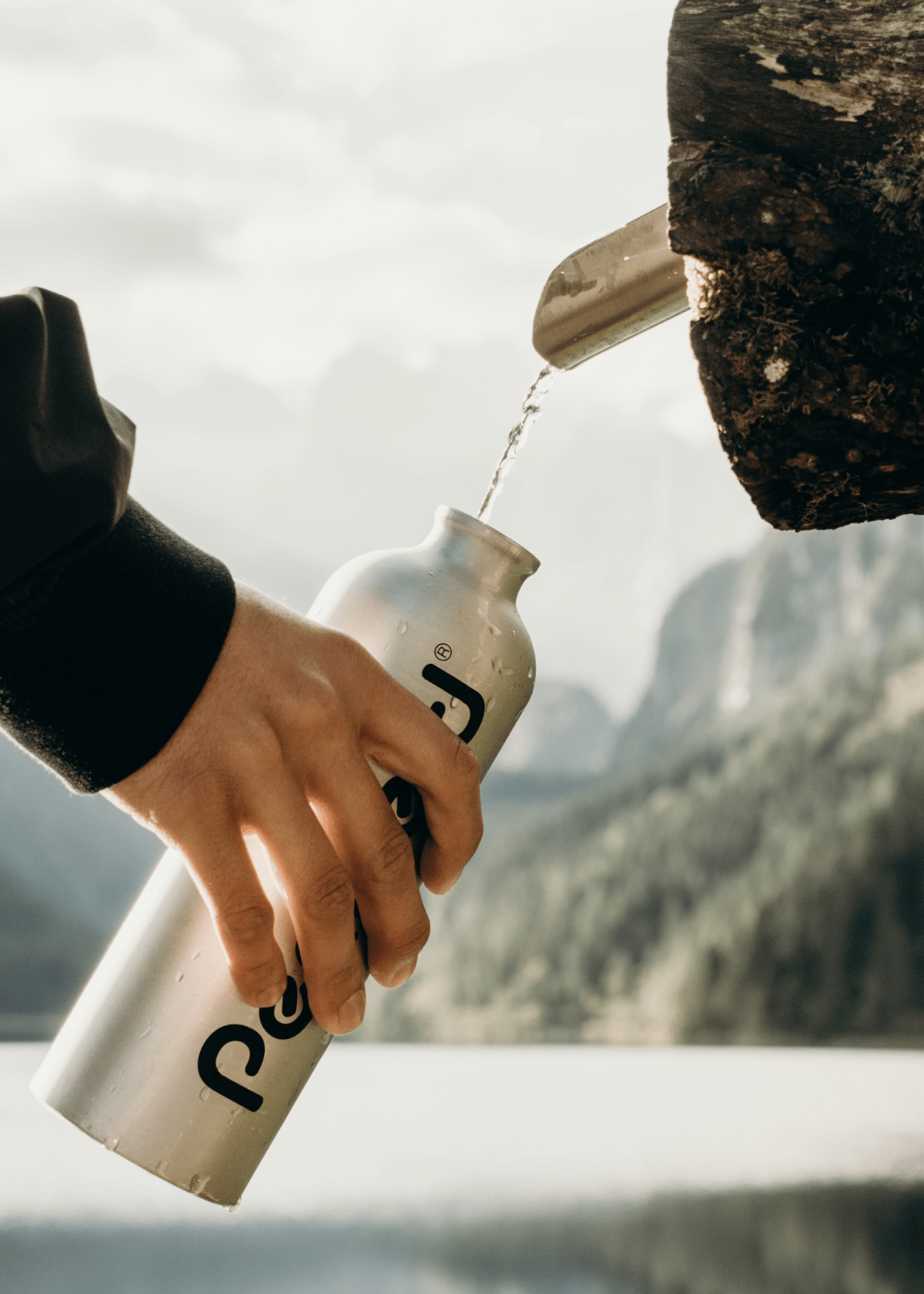
Food
Bring enough food for the duration of your trip, plus one extra day in case something happens along the way (like getting stuck). You should also bring a few snacks and some non-perishable food items, such as canned goods or dried fruits/vegetables, just in case you run out of fresh food before returning home.
First Aid Kit
Having one on hand is always a good idea, but even more so when camping without hookups. A first aid kit should include bandages, gauze pads, and other medical supplies, such as antiseptic wipes and antibiotic cream for any cuts or scrapes that may occur while camping without hookups.
Bring Extra Fuel
Bring along extra fuel for your generator and propane tanks because you might not have access to electricity or gas at night, depending on where you are.
You may also want to bring extra batteries if your vehicle doesn’t run on solar power so that you can use lights and other appliances while dry camping.
Bring extra supplies
You'll need more than what you would bring on an ordinary trip because there are no utilities available at dry camping sites. Bring extra food and water so that if something goes wrong, there will be enough supplies to last until help arrives.
Choose the best location
Look for areas with plenty of space between trees and bushes so that your tent doesn't get caught up on anything when it's windy outside or during storms.
If possible, pitch your tent farther away from other tents since they may be occupied by other people who could interfere with your plans while staying overnight at the campsite.
Tent
A lightweight tent with a rainfly helps keep out rain and wind while allowing moisture to escape. Tents with two doors allow easy access inside and out, while those with large vestibules offer storage space for camping gear.
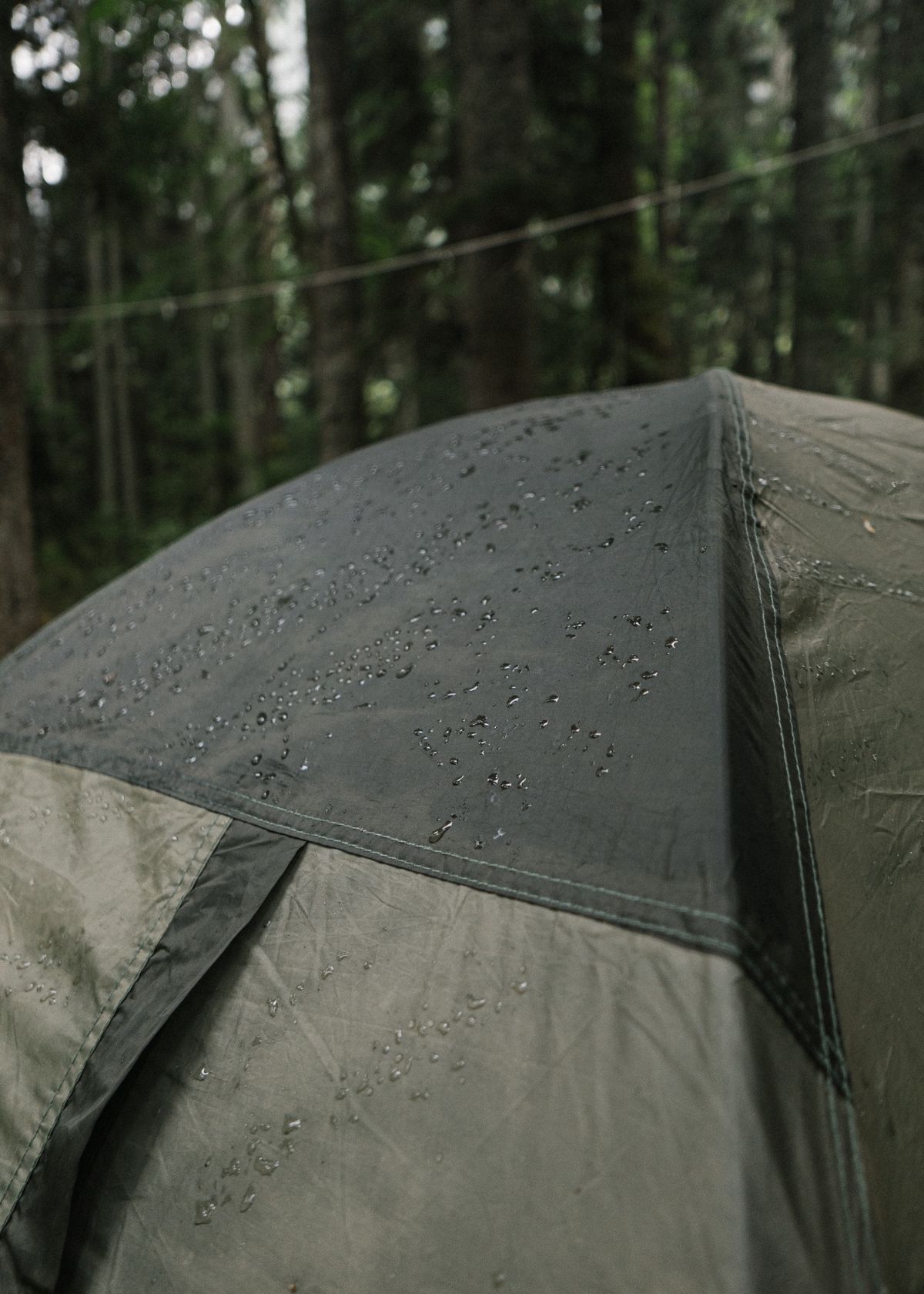
Sleeping Bag
Choose one that provides enough warmth for the conditions you’ll encounter during your trip, whether in summer or winter. Sleeping bags rated at 30 degrees Fahrenheit are best suited for warmer weather, while those rated at 15 degrees Fahrenheit can handle colder temperatures better.

Tips for Dry Camping
There are many ways to camp, but dry camping is one of the most unique. When you're dry camping, you're not using any electricity and there's no water source nearby. It's often done in remote areas or on long road trips when there's no other option.
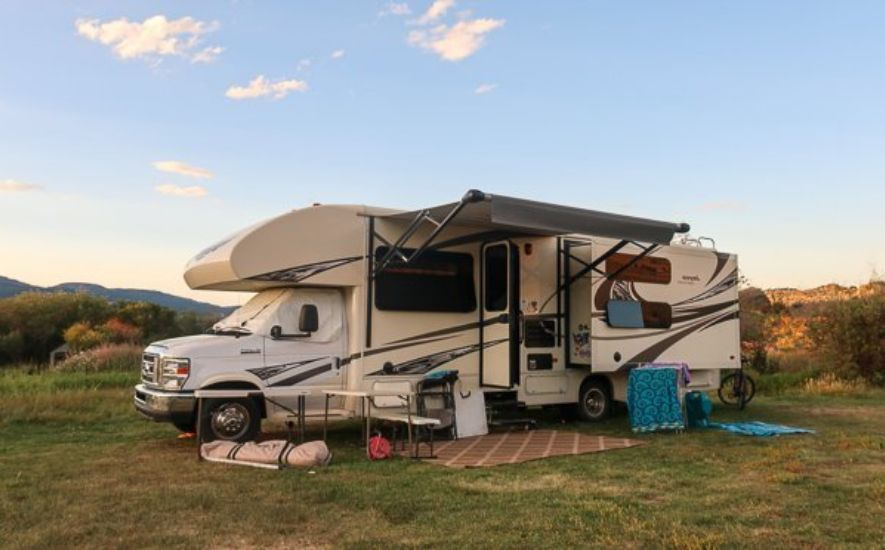
Here are some dry camping tips:
- Planning is key when it comes to dry camping. You need to plan out exactly where you are going and how much fuel it will take to get there. Make sure that your vehicle has enough fuel to make the journey there and back again. If necessary, top up at a petrol dump station on the way there so that you don't have any problems once you arrive at your destination.
- Make sure that your vehicle is in good condition before setting off on your trip. It's no good having an old rust bucket if it breaks down halfway through your journey! Check all of its parts (tires, engine, etc.) before leaving home so that everything runs smoothly during your trip.
- Take a look at the weather forecast before heading out on your trip, so you know what to expect. If it looks like it might rain, try to find a campsite with some shelter, like an overhang or canopy. Or consider setting up your tent under trees or even inside a cave if you can find one!
- If you're planning on doing a lot of cooking while dry camping, bring plenty of fuel for your stove. You'll also want to make sure that everything is waterproofed so nothing gets ruined by rain or snow.
- Bring along plenty of food and water so that if there is bad weather, you have enough supplies until it passes.
- Make sure that everyone knows how to use their equipment properly before leaving home so that if something breaks down in the middle of nowhere, they can fix it instead of having to wait for help from someone else
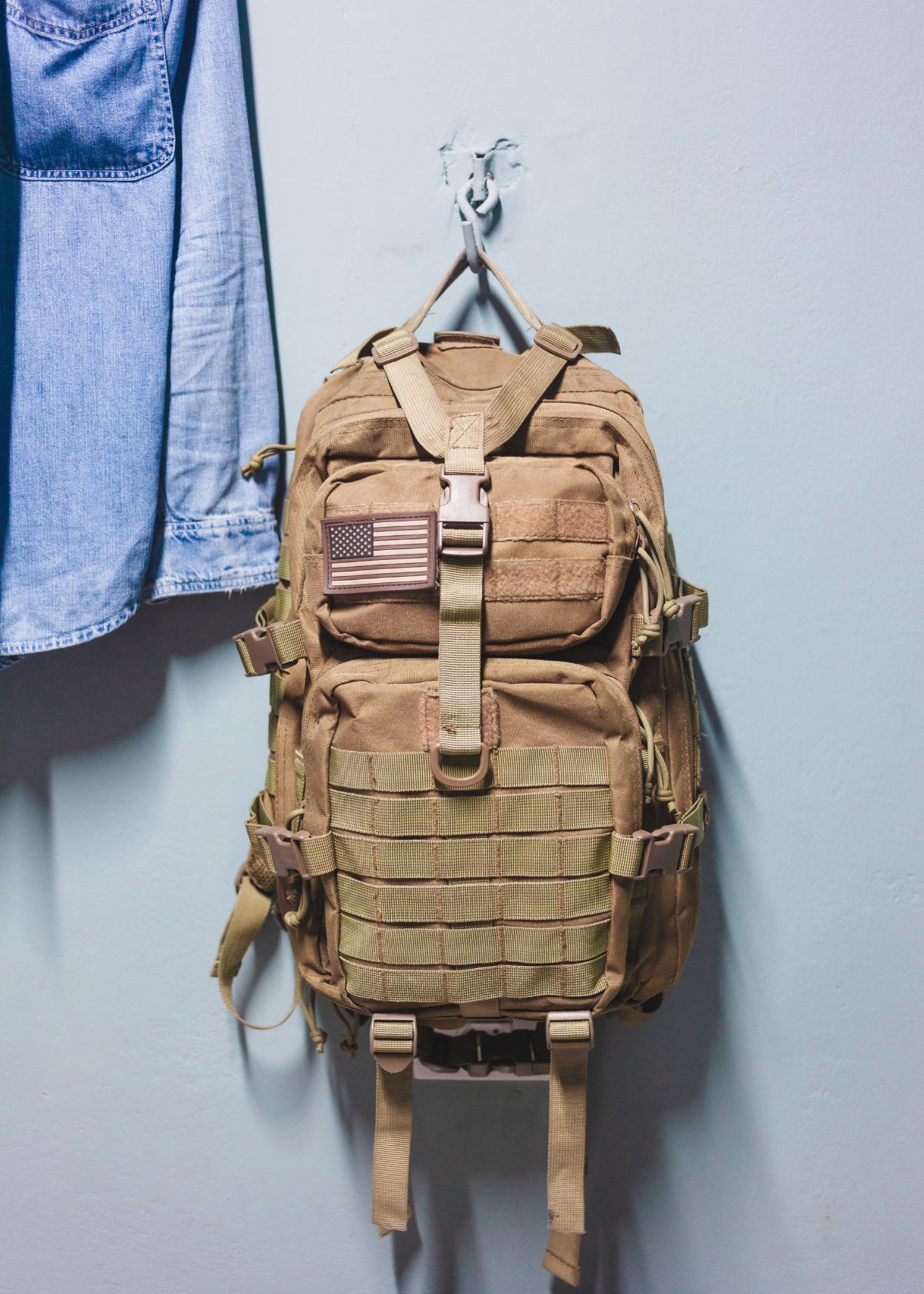
Frequently Asked Questions About Dry Camping
In this section, we have gathered and answered the most common questions people have about dry camping.
Is dry camping the same as tent camping?
No, dry camping is not the same as tent camping. Tent camping involves setting up a tent in a designated area, which may or may not have electricity, water, or bathroom facilities.
On the other hand, dry camping involves camping in a remote location without any hookups or facilities and relying on one's own resources to sustain the camping experience. Tent camping is a more traditional and accessible form of camping that can be done in many different settings, while dry camping requires a higher level of self-sufficiency and planning and is usually pursued in more remote locations.
What is needed for dry camping?
Dry camping requires the following items and resources:
- A self-contained camping vehicle: Dry camping usually requires an RV or camper van that has its own power and water supply, such as solar panels and batteries, as well as a waste holding tank.
- Food and water: Campers must bring enough food and water to last their entire stay, as well as a way to prepare meals.
- Portable toilets: There are no bathroom facilities available during dry camping, so campers must bring a portable toilet or use a composting toilet.
- Lighting: Campers must bring their own lighting sources, such as lanterns or flashlights, as well as backup sources of power.
- Waste management: Campers must bring their own waste management systems, such as a portable waste tank, to dispose of sewage and gray water.
- Communication tools: Campers must have a way to communicate with the outside world, such as a cell phone or two-way radio, in case of emergencies.
- Navigation and safety gear: Campers must have a map, compass, or GPS system, as well as basic safety gear like a first-aid kit, fire extinguisher, and headlamp.
What are the three types of camping?
The three main types of camping are:
Tent Camping
This involves setting up a tent in a designated camping area and sleeping on the ground. Tent camping is a traditional form of camping that can be done in a variety of settings, from established campgrounds to wilderness areas.
RV Camping
This involves camping in a recreational vehicle, such as a motorhome or travel trailer, that provides more amenities and comfort than tent camping. RV campers have access to electricity, water, and bathroom facilities and may choose to stay in RV parks or developed campgrounds.
Dry Camping
Dry camping, also known as boondocking, refers to camping without access to electricity, water, or sewer hookups. This type of camping offers a more primitive and adventurous experience but also requires careful planning and preparation to ensure the trip is enjoyable and safe.
What is a dry camp?
A dry camp refers to a campground or RV park that does not have access to electrical, water, or sewer hookups. This can be a problem for some campers who are accustomed to having these amenities and may not have the equipment or resources to sustain a longer stay without them.
What are the seven principles of camping?
The seven principles of Leave No Trace are:
- Plan ahead and prepare
- Travel and camp on durable surfaces
- Dispose of waste properly
- Leave what you find
- Minimize campfire impact
- Respect wildlife
- Be considerate of other visitors.
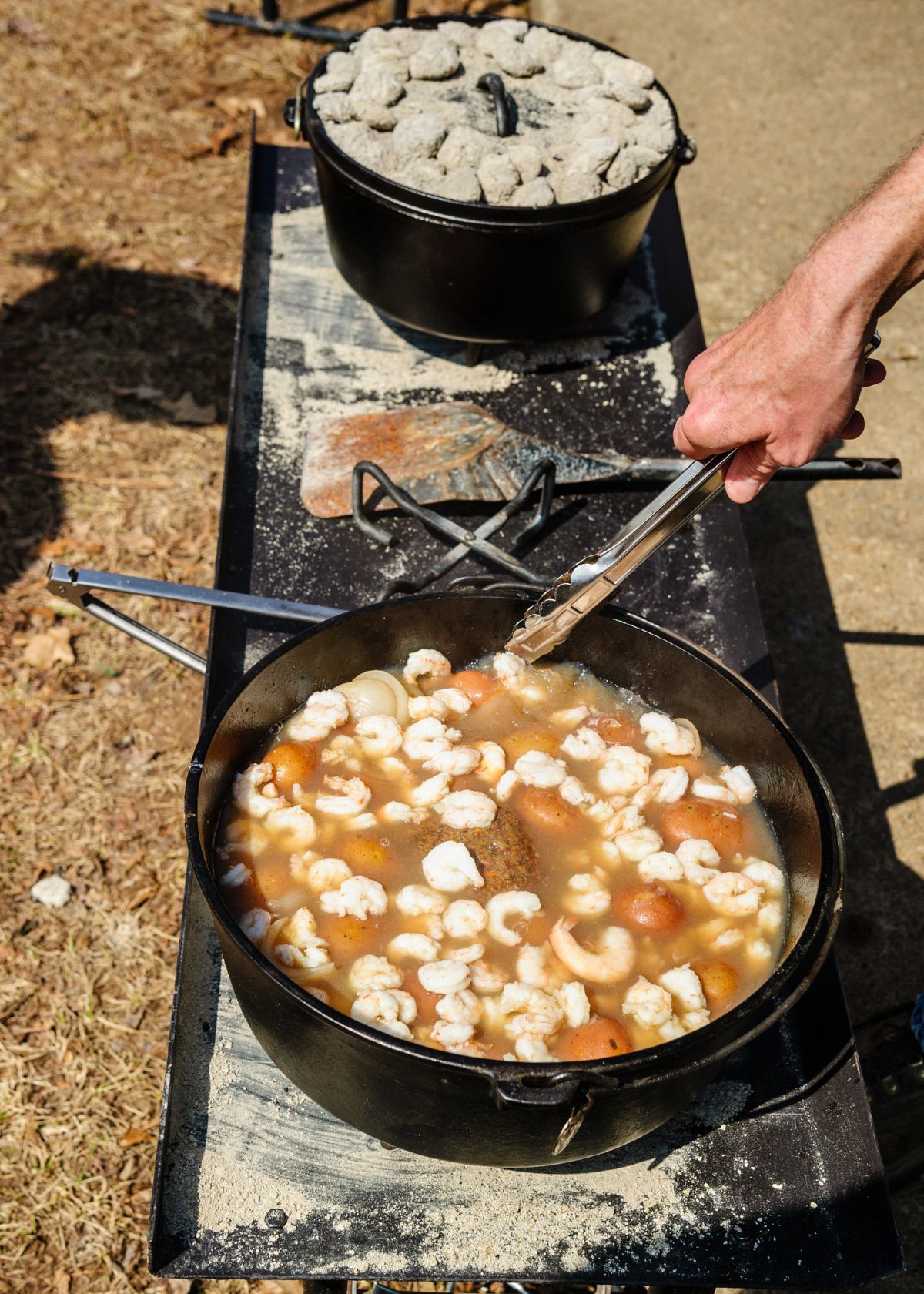
Conclusion
In conclusion, dry camping refers to camping without electricity, water, or sewer hookups. It is a form of camping that allows individuals to enjoy the great outdoors in a more primitive and self-sufficient manner.
Dry camping requires careful planning, preparation, and resource management to ensure a successful and enjoyable experience. Nevertheless, it offers a unique opportunity to disconnect from modern conveniences and immerse in the natural surroundings.
